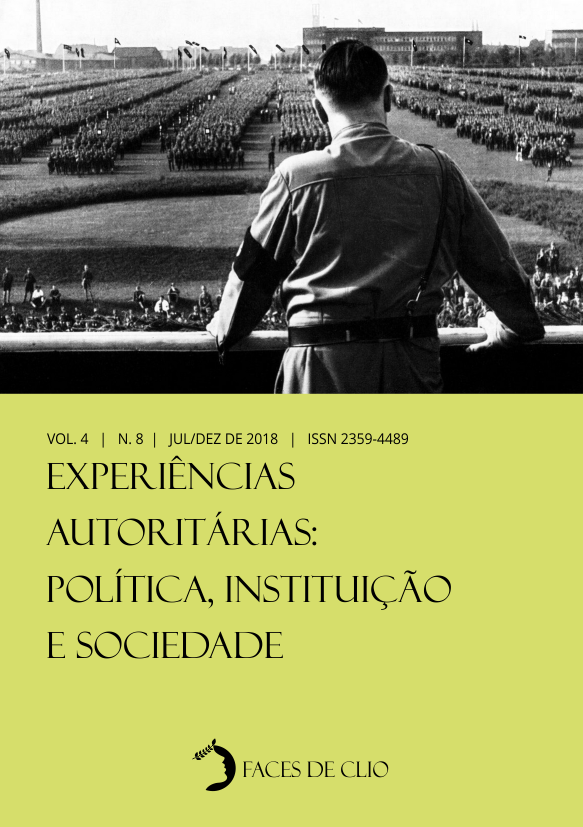The CANONIAN LEGISLATION AND THE MARRIAGE OF SLAVES IN SPANISH AMERICA AND PORTUGUESE AMERICA
DOI:
https://doi.org/10.34019/2359-4489.2018.v4.27587Keywords:
Slavery, Ecclesiastic Right, Excommunication, Spanish America, Portuguese AmericaAbstract
During the conquest of the New World, the catholic monarchies aimed to create catholic and slave societies. From that, there was the creation of documents that limited the power masters had over slaves. These documents were The Third Council of Lima (1582) and The Constitutions of the Archdiocese of Bahia (1707). This difference of more than a century had a significant impact, since, whilst in Colonial Lima the masters that impeded their slaves’ marriage were punished with excommunication, in Colonial Brazil there was no punishment against the offending masters. This event turned the rights to freedom of choice and indissolubility into stately concessions.


